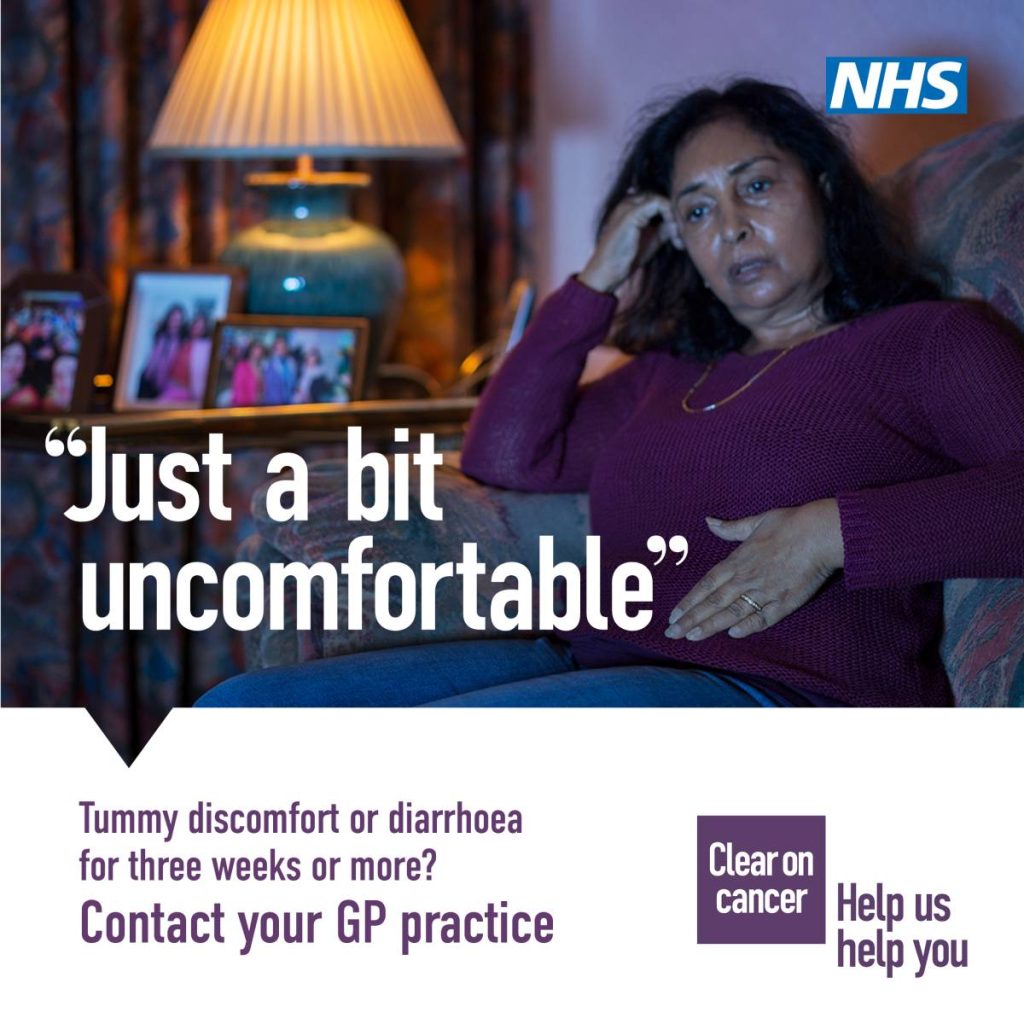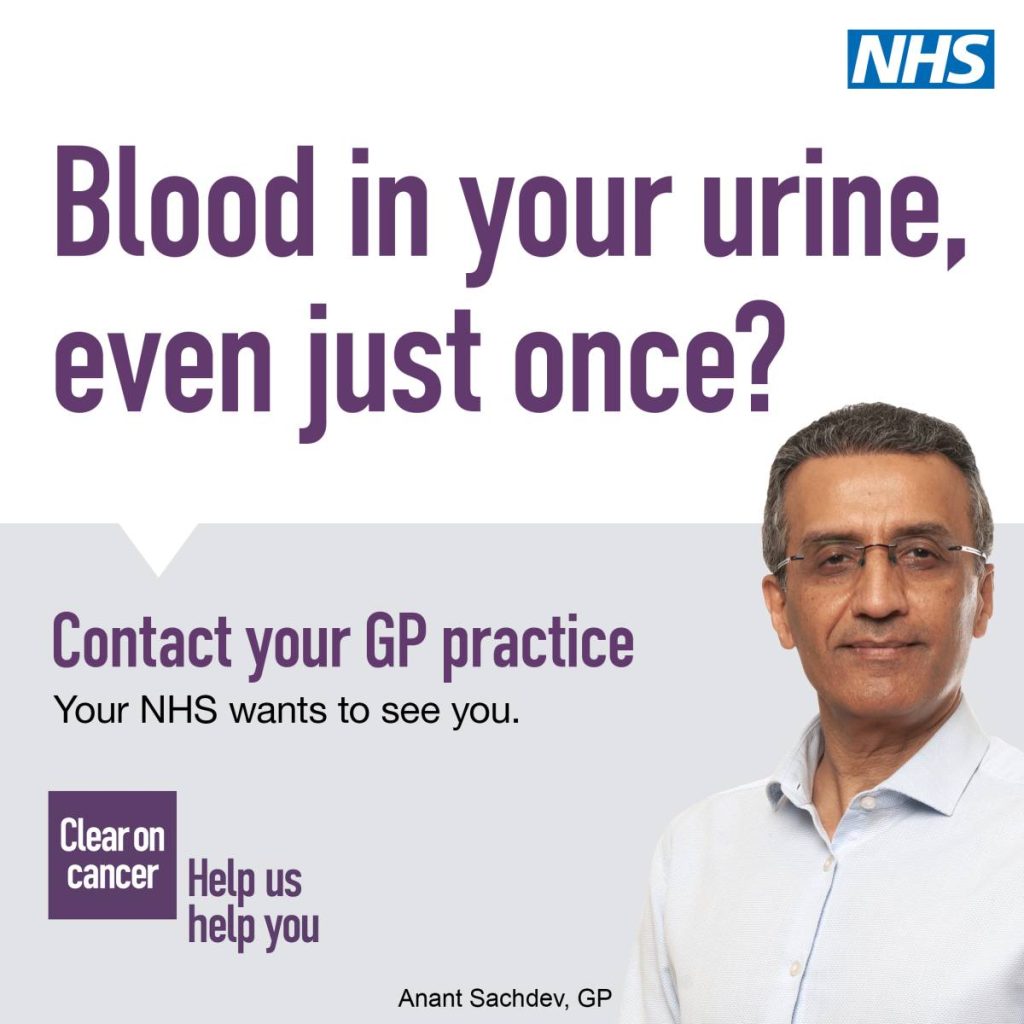The ‘Help Us, Help You’ campaign raises awareness of symptoms of cancers in the abdominal area, urological cancers and lung cancer. The campaign highlights that the NHS is open and ready to treat people
A new NHS campaign backed by South Asian healthcare professionals is encouraging people with potential cancer symptoms to come forward for life saving checks.
The ‘Help Us, Help You’ campaign raises awareness of symptoms of cancers in the abdominal area, urological cancers and lung cancer. The campaign highlights that the NHS is open and ready to treat people.
Cancers in the abdominal area include bowel, oesophageal, stomach, bowel, pancreatic, ovarian, and uterine cancers, and urological cancers includes prostate, kidney, and bladder cancers. Symptoms that could be possible signs of these cancers include persistent diarrhoea, prolonged discomfort in the tummy area, or blood in your urine – even just once.
Despite abdominal and urological cancers accounting for nearly half (44%) of all cancer diagnoses and two in five (41%) cancer deaths in England, new research findings show that many South Asians are less likely to recognise cancer symptoms – which could prevent them seeking help.

More than half of South Asian respondents (55%) would be put off going to see their doctor if they had symptoms such as tummy troubles for three weeks or blood in their urine due to feeling embarrassed.
Over half (58%) of South Asian respondents said they would be more likely to speak to a GP about this if someone close to them told them to do so.
Dr Anant Sachdev, CRUK GP and TVCA Clinical Lead Prevention & Early Diagnosis said: “The research findings show that there is a lot of work to be done in South Asian communities to increase awareness of cancer symptoms; the Help Us Help You campaign can play an important role in helping to close the knowledge gap and encourage more people to come forward if they notice any of the symptoms.

I urge people to contact their GP if you see blood in your stool or urine just once or have diarrhoea or tummy trouble for three weeks or more, you should get it checked out straight away. Likewise, if you’ve had a cough for three weeks or more, and it isn’t COVID-19, it could be a warning sign. Don’t ignore these symptoms and don’t worry about wasting our time or feeling embarrassed, contact your GP straight away – we want to see you!”
The research also finds that 81% of South Asians put other things before their physical health compared with 75% of the general public, with half of South Asians putting family life before their own physical health compared with 41% of the wider public.
Dr Jyoti Sood, GP Partner at Newbury Park Health Centre and Clinical Director at Redbridge said: “South Asians tend to put their family first, even above their own health. Yet finding out about the symptoms of cancer and seeking treatment early is the best way to ensure you can be with your family for as long possible. If you see any unusual changes like lumps, bleeding, weight loss, tiredness or loss of appetite, get it checked immediately – it could be a sign of cancer, finding cancer early makes it more treatable and can save lives.”
Your NHS wants to see you, for further information please visit nhs.uk/cancersymptoms


